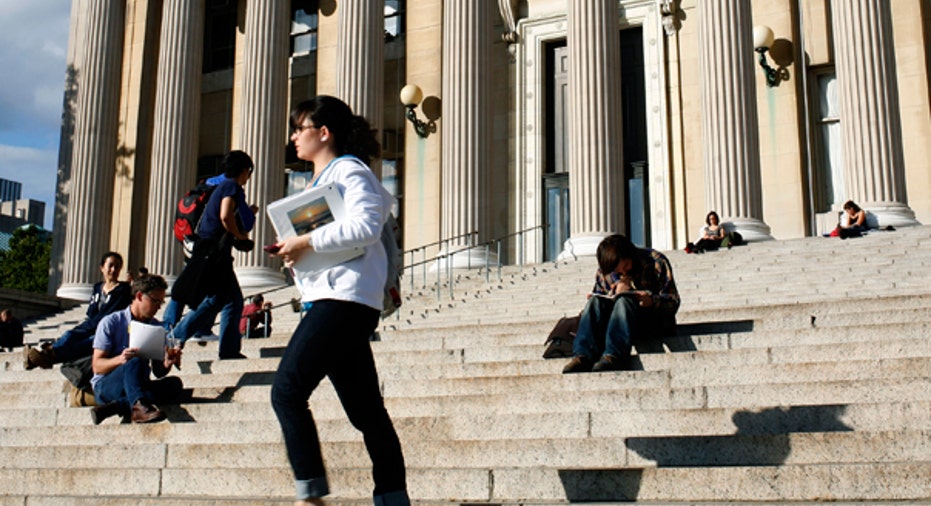Five Things to Consider When Choosing a College

As fall approaches, many high school seniors will begin the process of applying to colleges. While the college search process is a critical aspect of choosing the right school, it doesn't necessarily mean endless hours scrutinizing the 6,000-plus institutions nationwide. Here's how to search efficiently and narrow the field with the following expert advice:
What does your ideal college experience look like?
"List a few top things that make you thrive," suggests Regina Schawaroch, director of undergraduate admissions at Nova Southeastern University in Fort Lauderdale, Fla.
"Maybe it's the personal attention you've been able to receive from your teachers, a variety of choices in majors and minors, opportunities for professional development through internships and campus jobs, or availability of leadership roles in student organizations," she says.
Scott Linzey, vice president for Enrollment Management at Georgia-based Savannah College of Art and Design, also points out there are a number of basic characteristics, like distance from home, general location (rural, small town, suburban, urban), quality of facilities and food, ease of transportation, and religious affiliation, that are likely to have a significant influence over a student's degree of happiness.
Don't skip a visit
"Visit every school you are considering. You'd never buy a car and not test drive it! This is an equally sizable financial commitment and a more impactful life choice," cautions Linzey.
Go beyond just a guided tour. "The admissions staff is paid to tell you their school is the best fit for you, but you will learn a lot more if you assess campus on your own terms," says Glenn Bozinski, director of admissions at Misericordia University in Dallas, Penn. To get a better sense of things like class size, interactions between students and faculty and whether or not the school feels right, he encourages setting up an overnight visit and sitting in on classes.
Stay on top of your statistics
Examine the rates of freshman retention and alumni giving. "Students vote with their feet, and will walk away if not well treated," explains Bozinski. "Alumni will vote with their wallets. Watching those rates will give you a clue as to how students really feel about the place."
Similarly, Linzey suggests students explore schools that best prepare them for post-graduation. "If representatives of an institution are not able to indicate the percentage of their graduates who have a job in their field or are accepted into graduate school within a year or less of graduating, then that institution likely isn't focused on career preparation," he says.
Prestige isn't everything
"You could go to the best ranked place, and add that line to your resume," says Jon Burdick, dean of admissions and financial aid at the University of Rochester in Rochester, N.Y., "or you could go to someplace where you're going to get a chance to be a really big fish in a slightly smaller pond."
More than just academics, college becomes a student's new home for four years as two-thirds of college time is spent outside the classroom. "Does a school have the type of recreational outlets you enjoy? If you really want to be in the school play, for example, be sure they even have a theater group, and consider whether the size of the school gives you a chance at being able to participate," Bozinski says.
Cost matters
"College is not cheap," says Danny Green, associate vice president for enrollment at Meredith College in Raleigh, N.C. "Select a college that provides appropriate assistance so you can manage the expenses of college, but also choose a school that when you graduate, you know you are prepared fully for the future."
College's advertised costs, however, can be deceiving. According to Burdick, "While the price tag at colleges has been going up rapidly, the actual price that students pay hasn't gone up nearly as fast. Between scholarships, financial aid sources and tax credits, it's actually possible that you can get an even better education than your parents got for not really a whole lot more money."



















